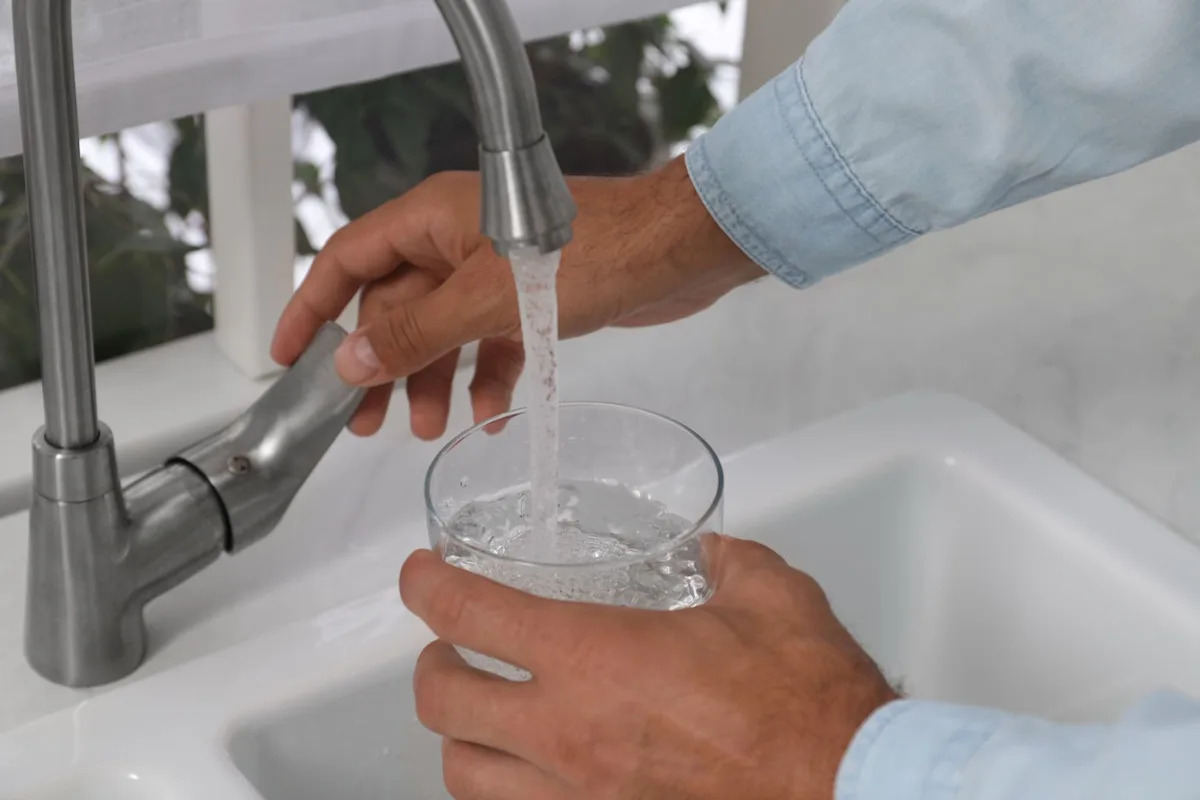
For residents of the Blue Mountains and other parts of New South Wales, a glass of tap water has become a source of anxiety.
As The Guardian reported, a new state parliamentary inquiry has revealed disturbing findings about the presence of PFAS, also known as “forever chemicals,” in local drinking water catchments.
These synthetic compounds, linked to health issues like cancer and immune system disruption, are raising red flags for both scientists and the communities that depend on these water supplies.
What’s happening?
A New South Wales Upper House committee found that Sydney Water prematurely declared there were “no known PFAS hotspots,” without conducting the level of testing experts say is necessary.
Later tests revealed levels of PFAS in untreated water from Medlow Dam and other Blue Mountains sites, prompting officials to shut down smaller water sources.
Committee chair Cate Faehrmann said the community “felt let down,” while Professor Stuart Khan, a water safety expert at the University of Sydney, criticized agencies for treating drinking water guidelines as a “tick-box exercise” instead of a proactive health safeguard.
Despite official reassurances that all public water supplies meet safety standards, the state government acknowledged, “We recognize there is community concern.”
Why is PFAS exposure concerning?
PFAS compounds are nicknamed “forever chemicals” because they don’t break down in the environment or human body, meaning exposure can accumulate over time.
While the full health impacts are still being studied, links to cancer, thyroid disease, and reproductive issues are deeply worrying.
Communities living near contaminated sites have reported feeling uninformed and excluded from decision-making, a troubling gap in transparency for something as essential as safe drinking water.
How often do you worry about the quality of your drinking water?
Never
Sometimes
Often
Always
Click your choice to see results and speak your mind.
What can be done to avoid PFAS?
The committee report issued 32 recommendations, including routine PFAS testing across NSW, better coordination between state and federal agencies, and voluntary blood testing for concerned residents.
In the long term, experts say a comprehensive review of how Australia implements drinking water guidelines is critical.
On a personal level, people can ask their local water provider about PFAS testing, use certified home water filters, and support policy efforts to phase out PFAS in consumer products.
The road to clean, trustworthy water may be long, but these findings could be the wake-up call that ensures no community is left behind.
Join our free newsletter for weekly updates on the latest innovations improving our lives and shaping our future, and don’t miss this cool list of easy ways to help yourself while helping the planet.
Disclaimer: This news has been automatically collected from the source link above. Our website does not create, edit, or publish the content. All information, statements, and opinions expressed belong solely to the original publisher. We are not responsible or liable for the accuracy, reliability, or completeness of any news, nor for any statements, views, or claims made in the content. All rights remain with the respective source.
